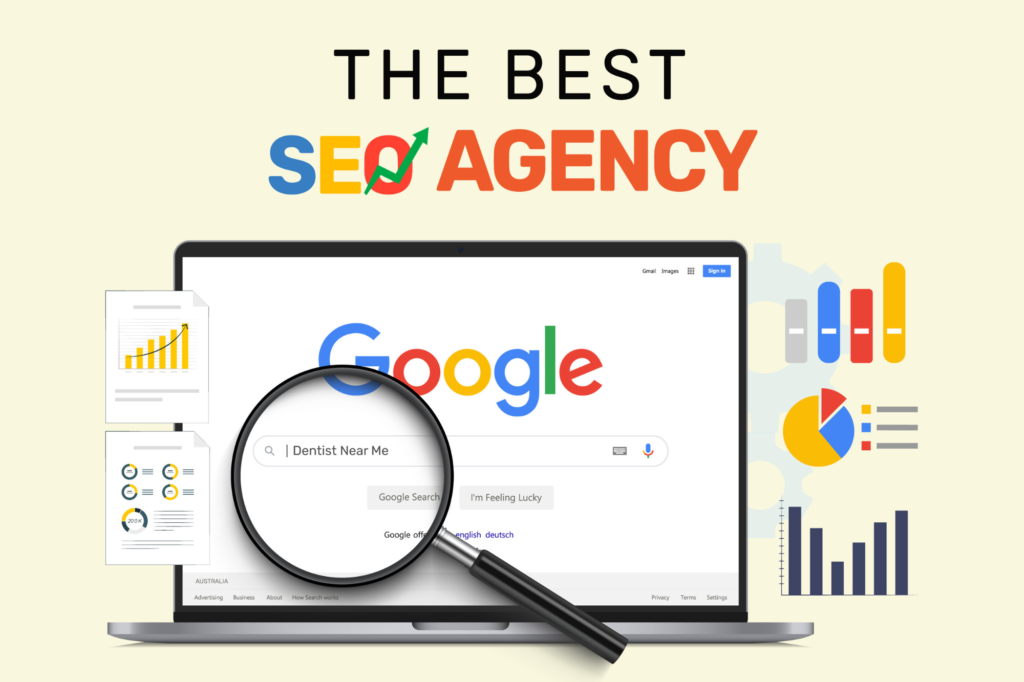
The Significance of YouTube Marketing: A Comprehensive Guide
Today every business is seeking an online opportunity and a place where they can interact with the potential customer base and grow their business. YouTube's fast evolution around the globe has given a golden chance to businesses to reach the exact potential buyers with the help of its algorithm. In this comprehensive guide, we'll explore the profound importance of YouTube marketing and how it can propel businesses to new heights.
Understanding YouTube Marketing
YouTube allows you to create, publish, and promote video content to attract and engage an audience. Creating consistent content on YouTube eventually creates a community to help you market your product or service thoroughly.
The Strategic Importance of YouTube Marketing
- Expansive Audience Reach: YouTube has over 2 billion monthly users and that allows businesses to reach an extensive and diverse audience base to showcase their offerings.
- Engagement and Interaction: It’s been proven over the past 5 years that video content has the ability to captivate and engage viewers, and develop a deeper connection between businesses and their audiences.
- Brand Visibility and Recognition: In a competitive landscape, you need to stand out and video content is the most effective medium to hold your viewers or potential leads. creating video content increases the visibility in not only your community but also helps in achieving new viewers.
- Search Engine Visibility: Well, YouTube is owned by Google, and leveraging the platform can enhance a business’s overall search engine optimization (SEO) strategy, and improve online visibility.
- Product and Service Showcasing: YouTube is the platform that brought an evolution in visual online marketing. Businesses can exactly communicate with the viewers so efficiently that a viewer is now turning into a potential customer.
- Trust and Credibility Building: By consistently delivering valuable content, businesses can establish trust and credibility with their audience, fostering enduring customer relationships.
Strategies for Effective YouTube Marketing
- Content Quality and Relevance: To attract and retain viewers, it is important to create high-quality, relevant, and engaging video content.
- SEO Optimization: For the discoverability and ranking of videos on YouTube and other search engines, one must employ relevant keywords, use captivating titles, and write detailed descriptions.
- Consistency and Regularity: Maintaining a consistent posting schedule fosters audience engagement and encourages viewers to subscribe for future updates.
- Audience Engagement: Actively responding to comments, soliciting feedback, and engaging with viewers can cultivate a vibrant community around a business’s brand.
- Collaborations and Cross-Promotions: To attract new subscribers it is crucial to partner with other YouTubers and do cross-promotions so that will expand the business reach.
For businesses seeking to thrive in the digital realm, YouTube marketing stands as an indispensable tool. Businesses can harness the power of YouTube to achieve their marketing objectives by crafting compelling videos, optimizing for search, and keeping active engagement with subscribers. Starting online doesn’t mean you will thrive in your business as way. You need to as precise and dedicated towards the content you publish. It took more than a year for many businesses that be successful with the help of YouTube but these days you have an opportunity to collaborate and grow efficiently within in short period of time by just simply putting consistency in your work.









